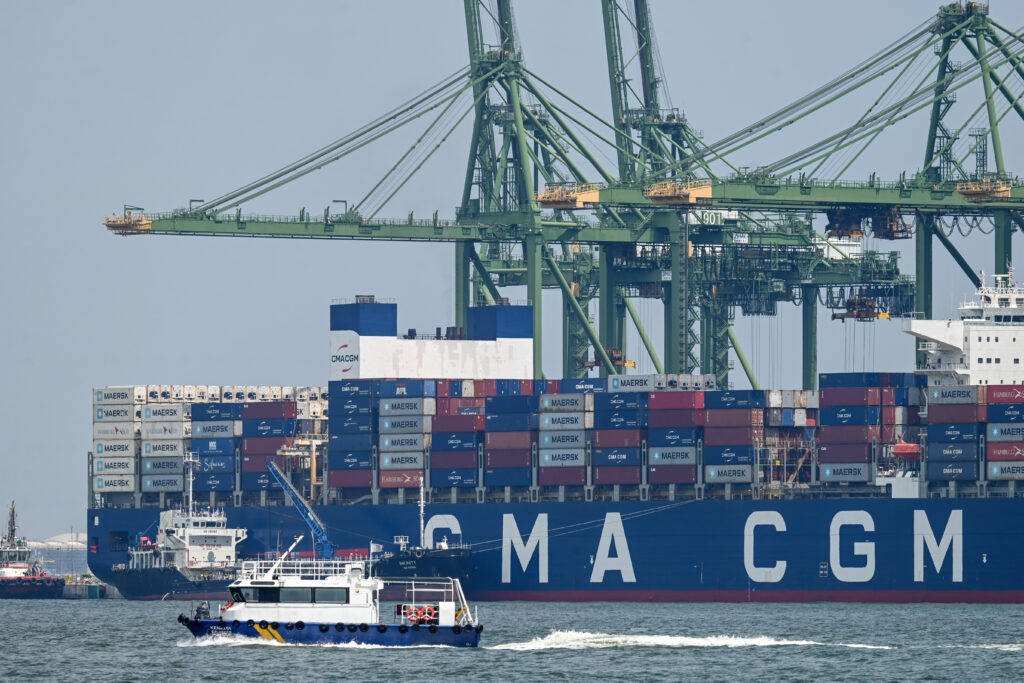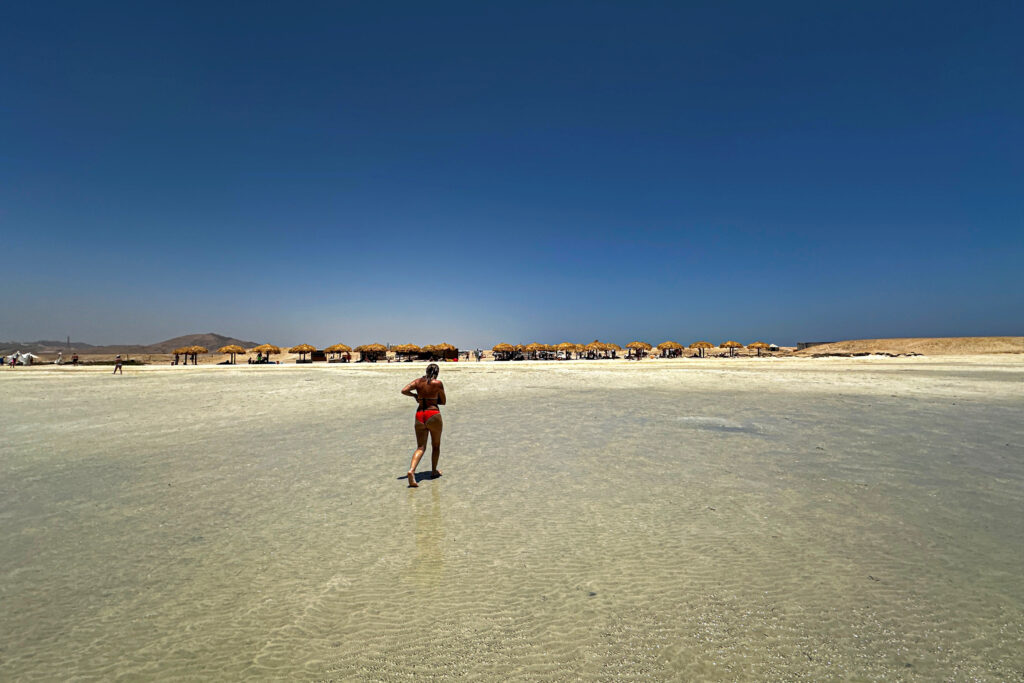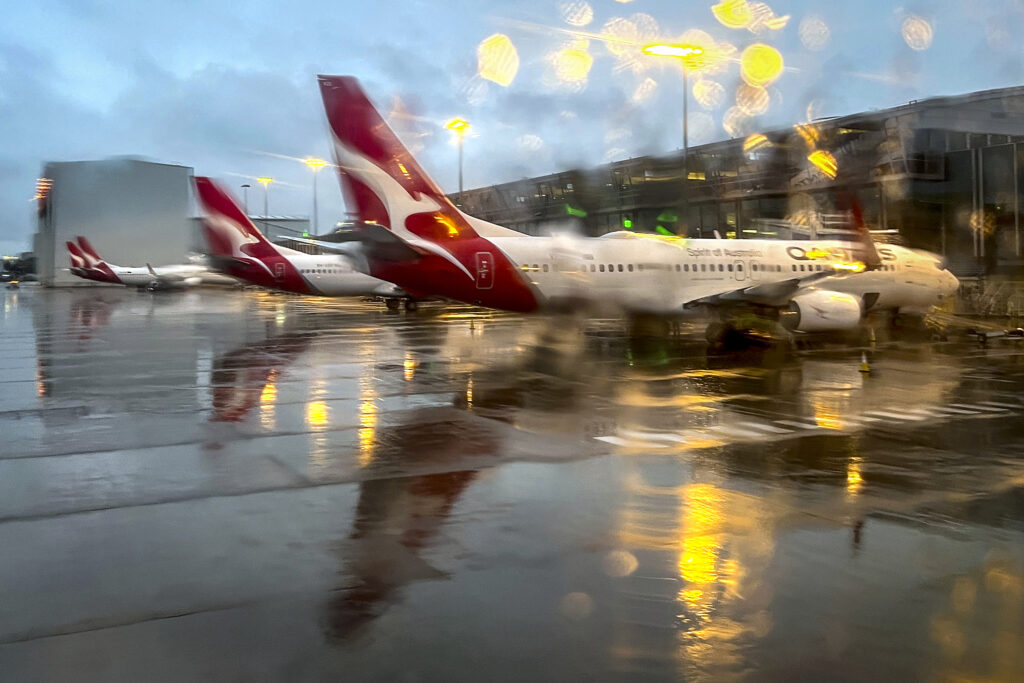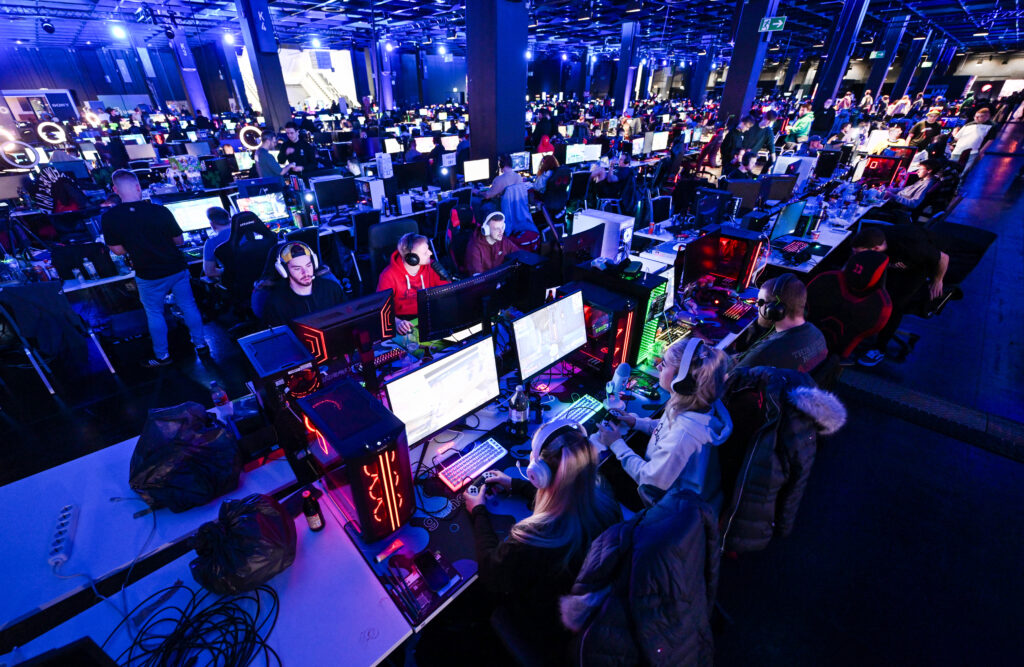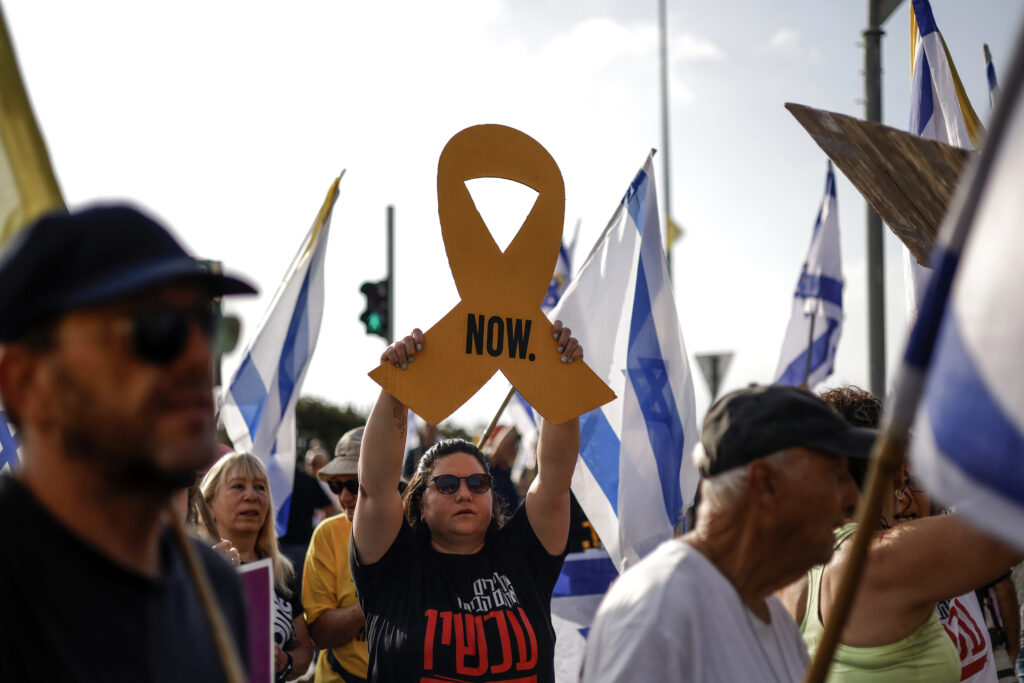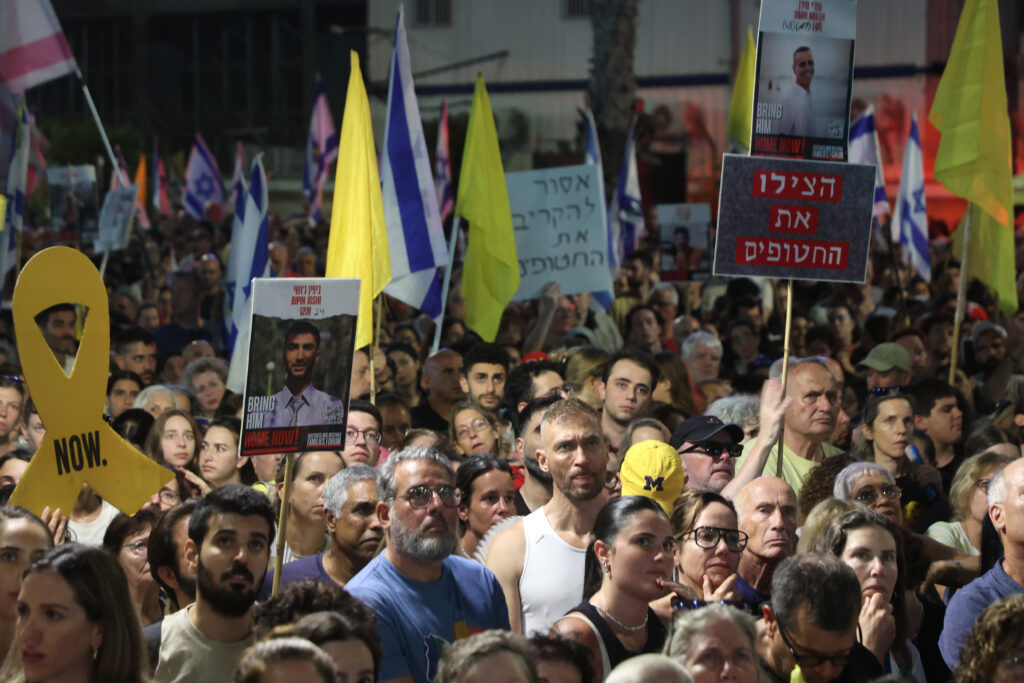Tens of thousands of demonstrators gathered on Sunday evening in Tel Aviv to call for an end to the war in Gaza and the release of hostages, one of the largest demonstrations in Israel since the start of the fighting in October 2023.The rally was the culmination of a day of nationwide protests and a general strike to pressure the government to halt the military campaign.”Bring them all home! Stop the war!” shouted the vast crowd which had converged on the so-called “Hostage Square” in Tel Aviv plaza — a focal point for protesters throughout the war.The Hostage and Missing Families Forum, the initiator of the day of protest, estimated that about 500,000 people joined the evening demonstration in Tel Aviv — a figure not confirmed by the police.”We demand a comprehensive and achievable agreement and an end to the war. We demand what is rightfully ours — our children,” said Einav Zangauker, mother of hostage Matan and a leading figure of the protest movement. “The Israeli government has transformed a just war into a pointless war,” she told the crowd.National media published a video message by Matan Zangauker on Sunday, in which the hostage, weak and emaciated, addressed his family and told them he missed them. The video was filmed by Hamas and found in Gaza by the army, the family said.”This is probably the last minute we have to save the hostages,” demonstrator Ofir Penso, 50, told AFP.- A day of protests -The protests come more than a week after Israel’s security cabinet approved plans to capture Gaza City, 22 months into a war that has created a dire humanitarian crisis in the Palestinian territory.The Hostages and Missing Families Forum campaign group vowed Sunday that protesters would “shut down the country” with the goal of bringing back the hostages and ending the war.Throughout the country, demonstrators blocked traffic arteries, set tyres on fire and clashed with the police. More than 30 protesters were arrested, law enforcement said.In many places, though, AFP journalists saw businesses carrying on unimpeded.In Jerusalem’s main shopping district, it was business as usual.A shop assistant in the city centre said the owner supported the campaign for the hostages’ return but chose not to participate in the strike.”Everyone is helping the way they can,” she said, declining to give her name.Netanyahu slammed the protesters, saying their actions “not only harden Hamas’s position and draw out the release of our hostages, but also ensure that the horrors of October 7 will reoccur”.Egypt said in recent days mediators were leading a renewed push to secure a 60-day truce deal that includes hostages being released, after the last round of talks in Qatar ended without a breakthrough.Some Israeli government members who oppose any deal with Hamas slammed Sunday’s demonstrations.Israel’s far-right Finance Minister Bezalel Smotrich decried “a perverse and harmful campaign that plays into the hands of Hamas” and calls for “surrender”.However, Benny Gantz, an opposition leader, condemned the government for “attacking the families of the hostages” while “bearing responsibility for the captivity of their children by Hamas for nearly two years”.- Famine warnings -The Israeli plan to expand the war into Gaza City and nearby refugee camps has sparked an international outcry as well as domestic opposition.On Sunday, Israeli military chief of staff Lieutenant General Eya Zamir said the army was moving ahead with a plan “focusing on Gaza City”.Hamas warned it would result in “a new wave of extermination and mass displacement”.Army Radio said residents would be evacuated before troops encircled and seized Gaza City in the coming weeks, with tens of thousands of reservists called up.UN-backed experts have warned of widespread famine unfolding in the territory, where Israel has heavily limited the amount of humanitarian aid it allows in.Gaza’s civil defence agency said Israeli fire on Sunday killed over sixty Palestinians, including at least 37 waiting to collect food aid near two sites.The conflict began with Palestinian militant group Hamas’s October 7, 2023 attack on Israel, during which 251 people were taken hostage. Forty-nine captives remain in Gaza, including 27 the Israeli military says are dead.Hamas’s assault resulted in the deaths of 1,219 people, mostly civilians, according to an AFP tally based on official figures.Israel’s offensive has killed more than 61,944 Palestinians, most of them civilians, according to figures from the health ministry in Hamas-run Gaza which the United Nations considers reliable.
